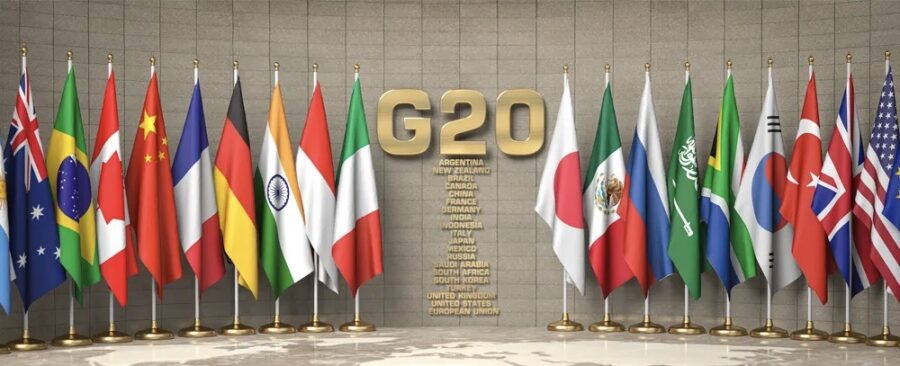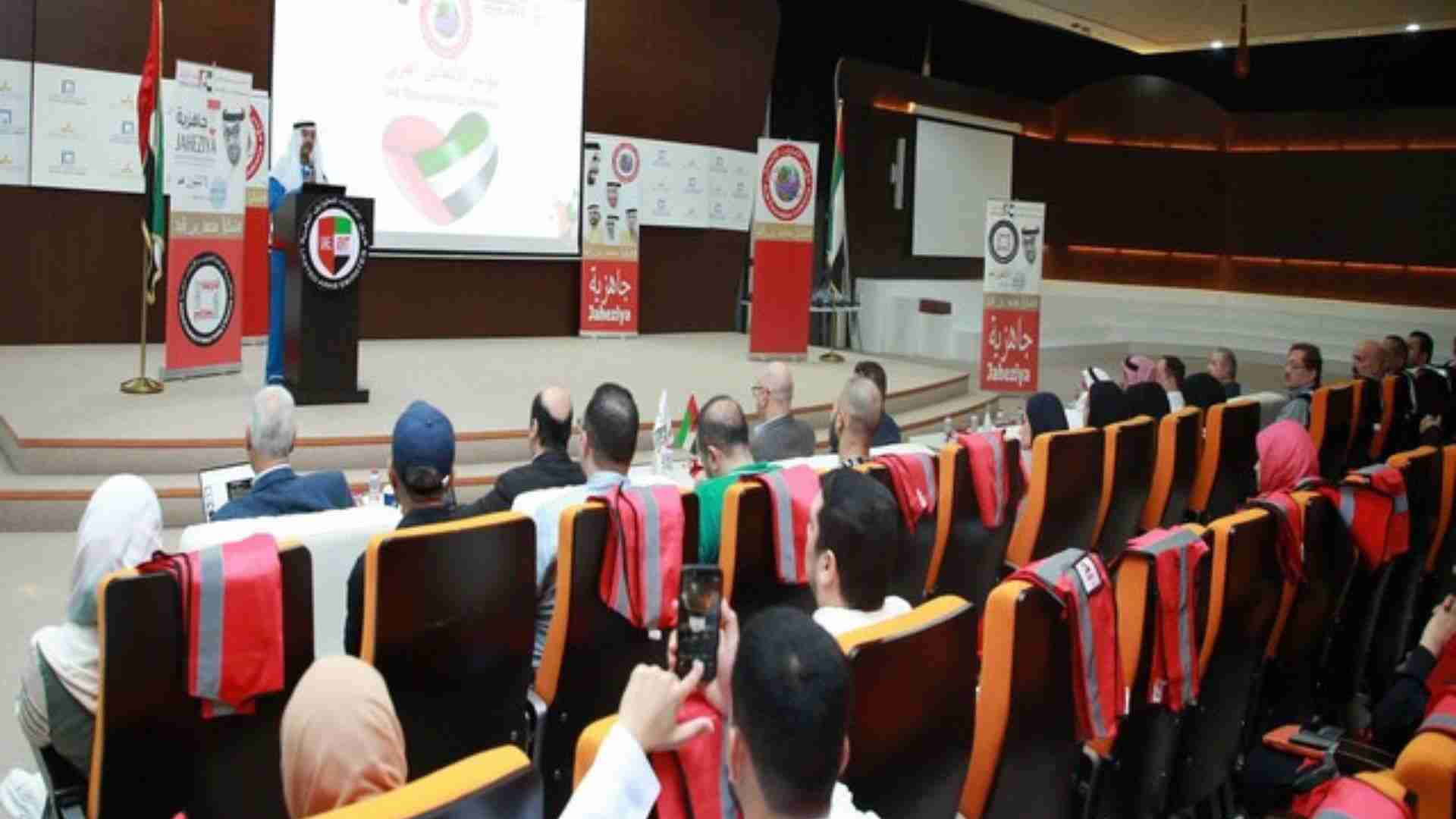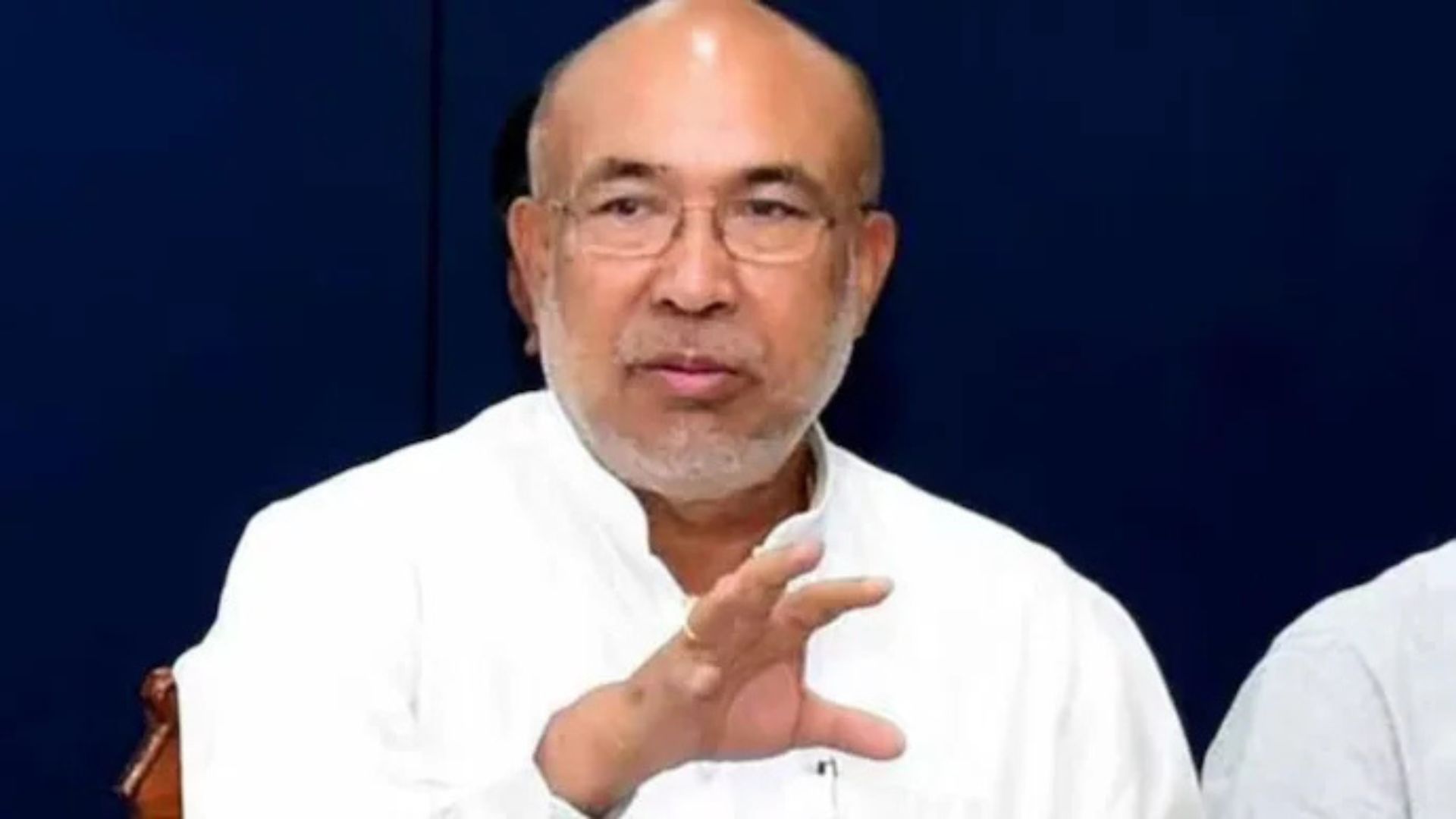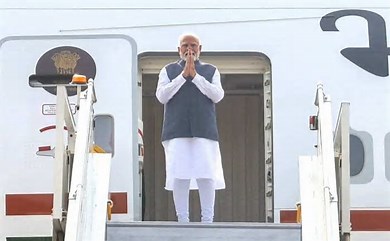
Dutch announcement should further inspire calls for the G20 to investigate the issue of reparations from colonialism more broadly and justly. India with the chair of the G20 might ensure that this issue does not get swept under the Ukraine war “rug” or other matters much more pressing to Europe.
Recently, the Dutch announced an official government apology for the exploitation in its former colonies, specifically on slavery. Simultaneously, it stated it would be providing a 200 million euro “compensation” fund. Not incidentally, parts of India were exploited by Dutch interests over three centuries. Some context, though is needed to better understand the full significance of this December 2022 announcement. And even to examine the possible ramifications of it on the issue of reparations for ex colonies like India.
Well, the Netherlands of today is a very well-off, northern European country. It has come a long way, partly by building on the wealth of its colonial past. So welloff, from this questionable legacy that it explains to a degree why it ranks fourth highest on the UN’s human development index? It is also well-advanced on funding environmental sustainability and fighting climate change, which it does better than most. It, as well, had been able to afford many attractive buildings of some magnitude and elegance from its colonial period.
One of its very historical ones, many tourists especially like to visit is the Rijks Museum. It is well known for its incredible size portrait called the Night Watch. This spectacular work, picturing military guards in their best, richly embroidered clothes was painted by the famous Rembrandt in the Golden Age. A part of the 17th century when Holland extracted vast riches with Black slaves from its overseas colonies. A period of intense European mercantilism that helped to greatly enrich Amsterdam and other communities of the Netherlands, within which the fruits of colonialism are seen in the splendour of Holland’s hospitals, administrative structures, cathedrals and many other buildings of great heritage and tourist value. Today’s wealth beyond buildings benefited from funds gained directly and indirectly from the entire period of Dutch colonial exploitation up to the 1950s. Of the Dutch past, I have researched some of its colonial history partly through its museums and my visit to Jakarta, Indonesia. This includes references to diaries. It is a wretched and sordid past in part but mixed in with various positives in transportation technology, corporate finance and management and agriculture. There is also the heroism of Dutch sailors who took several months or more away from loved ones to travel back and forth from these colonies with insufficient compensation from the rich cargoes they navigated, sometimes through torrential weather and dangerous waters. And no doubt those cargoes and other colonial activities produced benefits that current generations of the Dutch are enjoying and prospering from. This includes members of its highly lucrative financial institutions, of which two banks are providing some, albeit limited compensation funds, too on the matter of slavery. Certain banks in places like London, once the centre of the British Empire should take note and provide assistance to make up for their own involvement in crimes against humanity in India and elsewhere?
The Dutch colonies included Indonesia along with Sri Lanka, various Caribbean islands, Surinam in South America and South Africa. According to byjus.com, the Dutch East Indies Company was even active in exploiting India. This period lasted from 1605 to 1825 with the company’s geographical control of a number of Indian territories.
So, should India be considered for an apology and even related compensation from the Dutch is interesting though a more complicated question than the one regarding slavery. But unknown to much of the West is the fact that huge numbers of Indians were indentured in the British Empire. Indenture may be short of slavery but it can be argued as not by so much in too many instances?
In researching thoroughly the Dutch East Indies Company, I came across even material on Dutch genocides perpetrated on the Spice Islands, now part of Indonesia. All done in the Dutch quest to monopolize trade in spices like cloves by wiping out local competing populations.
It could be well argued that the UK owes trillions of dollars in reparations for colonial exploitation to India, alone as implied in one Guardian (UK) commentary. Given that and the extent of the activities of the Dutch East Indies trading company, possibly the world’s first multinational and overall wealth extracted from these Dutch colonies, the 200 million euro Dutch compensation fund is totally inadequate.
In fact, Alec Gordon of the Southeast Asian studies centre in Bangkok calculated just for the 1878 to 1941 period, the surplus that the Dutch derived from their colonies could have topped well over a trillion dollars. It should be noted his research was published in 2012. Thus, a compensatory fund, more approaching the billions of dollar level, if not the trillion level by the Dutch government and certain banks, for example would be more representative of what is just?
It is all very nice for the government of the Netherlands to offer an apology, nearly four centuries after the fact of when this exploitation first began and that impacted millions. And made so many of the colonized so wretched and with no or little compensation. But this belated apology with such minor amounts of money, considering the trillions that went into the hands and coffers of mostly the Dutch elite and their descendants, needs consideration.
Therefore, this Dutch announcement should further inspire calls for the G20 to investigate this issue of reparations from colonialism more broadly and justly. India with the chair of the G20 might ensure that this issue whether it be related to India or the ex-colonies of Belgium, France, Germany, Holland, Japan and others does not get subordinated and swept under the Ukraine war “rug” or other matters much more pressing to Europe. That the issue be at least discussed in putting the agenda together of the next G20 get-together of top world leaders.
It will not do to let those like the Netherlands, as wonderful and prosperous a country as it is today having benefitted from colonial exploitation of others – to get off so lightly. That is by providing a very limited amount of compensation in this new fund to be used as part of its apology for its past crimes against humanity.
It should also apologize profusely for the genocide its past agents carried out on the Spice Islands.
The precedent established by The Hague, Holland’s governing centre is setting for such limited funds could impact what India and other former colonies get in reparations, negotiated at some future date?
At the very least, Holland needs to go well beyond its recent announcements in a much more generous manner. That should not take away from the many years of that country providing generous developmental assistance and its leadership on global sustainability.
The apology is positive, even if dreadfully late. But the funds provided are insulting to the Netherland’s former colonies and by extension to many others in the South like India that were colonies. The relatively limited funds are even insulting to the apology, itself.
Peter Dash is an educator, based in Southeast Asia. He has also lived and worked in highly impoverished areas of a former Spanish colony. His third book highlights the exploitation of the Dutch East Indies Company















